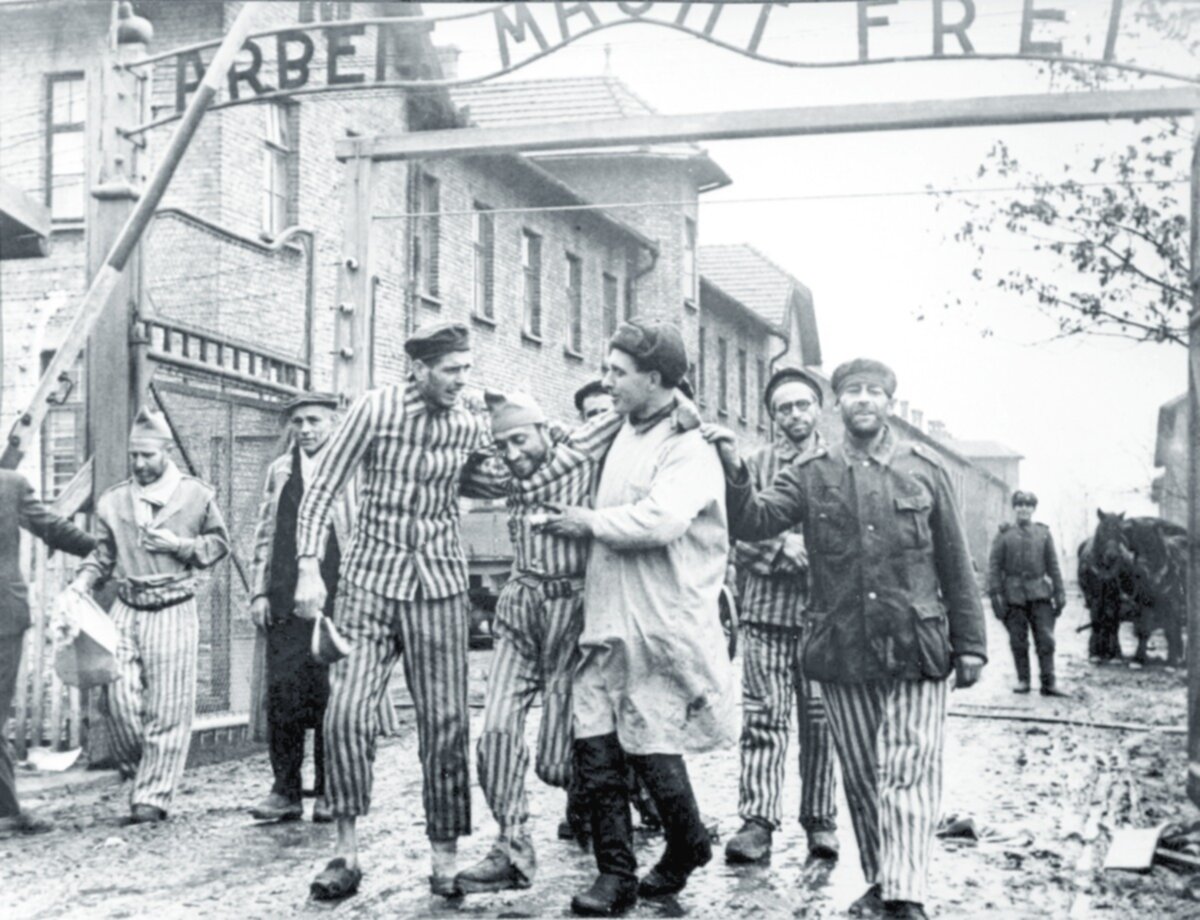Interview: “Yes, I worked in Auschwitz, but I’m not a Nazi-Criminal”
Las month three journalists working for Der Spiegel interviewed a 91-years-old man in his house in Southern Germany. His name is Jakob W. and he has been recently accused of suspect for complicity in murder because of his work in Auschwitz seventy years ago. In 1942 he was a student living in Belgrade when he received the draft that sent him to Poland. Jakob W., who asked for anonymity, worked as watchtower of Autschwitz- Birkenau concentrantion camp and he observed one of the most horrific crime in history.
His daily activity was to check from the tower the long queues of men, women and children waiting for the gas chambers. Every day, for two years and a half, he was guarding them and he assisted to the mass killing that was taking place under his eyes. During the interview he said they all knew what was happening there: “They [the prisoners] had to wait in front of the gas chamber for an hour. And then they were led inside. They also heard the screams, but they, the SS people, the … I mean, that’s how it was. That’s how it … happened”.
Jakob W. was in Auschwitz until January 1945 and after that, at the end of 1946, as an SS member, he was placed in an American camp for prisoners of war in Dachau. Back in the 1970s a case against him was opened and then definitively closed without any charges. In that occasion he told investigators, he hadn’t known what was happening inside the camp. Today the version is different and he affirms that it would be absurd to say that people didn’t know.
For more than 60 years, German justice system prosecuted “Nazi war criminals” only after clear evidence of a personal involvement in committing crimes and atrocities. A turning point happened in 2011, when a Munich court sentenced John Demjanjuk, an ex-guard in Sobibor Camp, to five years in prison for complicity in the extermination of Jews.
During Helmut Kohl’s government, a new law was established in order to reduce pensions to all those who violated the “principle of humanity” during the Nazi period. Jakob W. has been considered one of them and in 2011 he wrote a letter to Chancellor Angela Merkel and then-President Christian Wulff complaining about the reduction of the pension. His petition was politely rejected.
Jakob W. insists that he had no choice. To the journalists (Felix Bohr, Cordula Meyer and Klaus Wiegrefe) he said:”When the crematorium is constantly burning, then everyone knows that something is going on… You get used to everything. Nobody could leave. And you couldn’t complain, it wouldn’t have changed anything”





